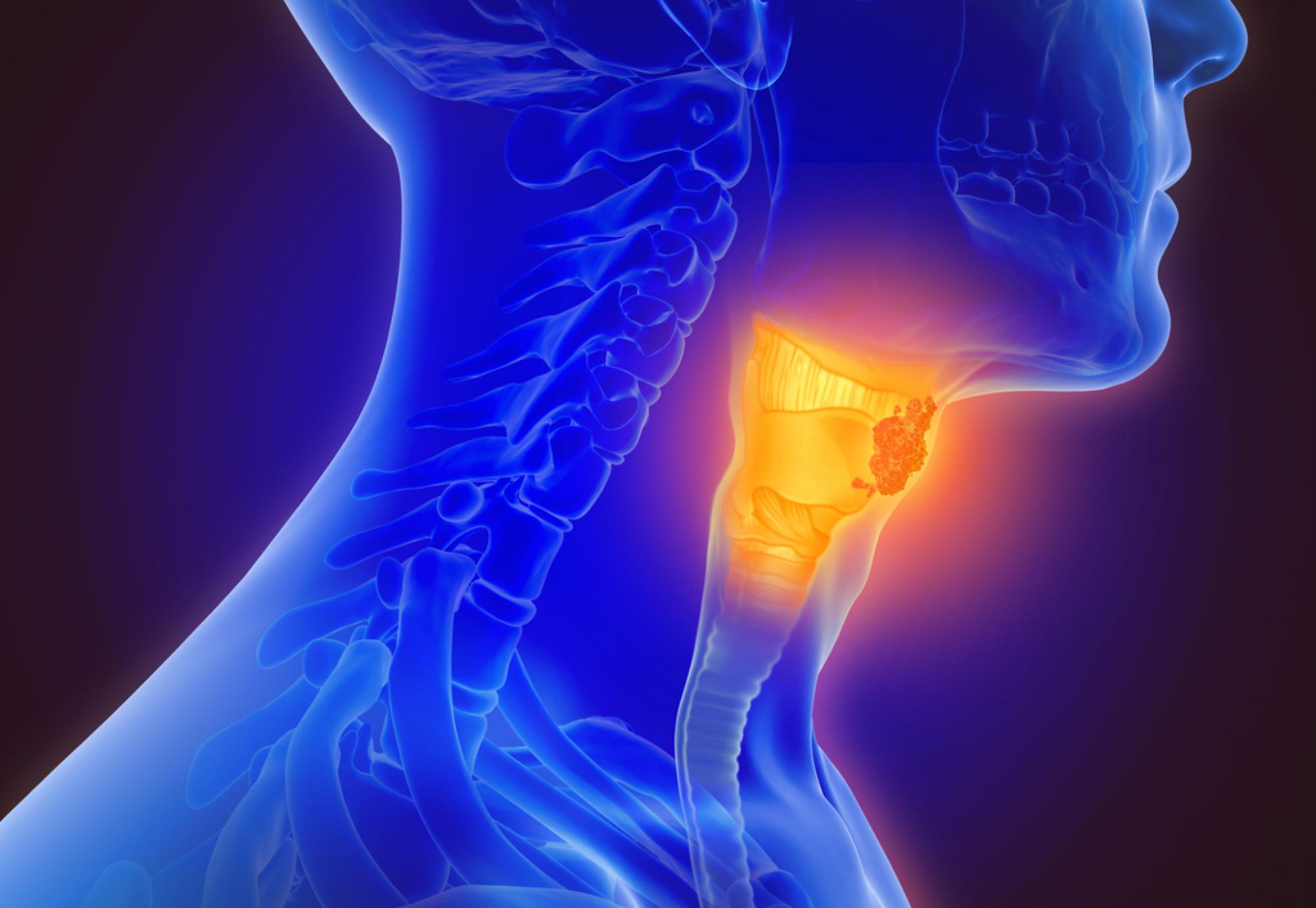The NHS Golden Jubilee-supported cytosponge diagnostic service has now benefited more than 5,000 patients since its inception during the pandemic, and is helping people get potentially life-saving cancer checks closer to home in Scotland.
The innovative procedure speeds up cancer diagnosis by enabling patients to swallow a pill with a thread attached to it. Once swallowed, the pill expands into a sponge which can be pulled back up through the oesophagus and examined for abnormalities like Barret’s oesophagus – a known risk factor for oesophageal cancer.
The technology is just another example of how the NHS is innovating and giving itself more breathing space in the ongoing fight against elective backlog.
NHS Golden Jubilee’s Chief Executive, Professor Jann Gardner, said: “In these challenging times, it is vital that we improve patient experience with faster diagnostic imaging, facilitating targeted treatments and improving long term outcomes. This cutting-edge technology has helped NHS Scotland advance cancer diagnosis and provide direct benefit to over 5,000 patients.
“Cytosponge provides a better, more comfortable experience for patients, and we look forward to ensuring that even more people are treated this way as we continue to help meet the diagnostic demand resulting from the pandemic.”
Scottish Health Secretary, Humza Yousaf, added: “The cytosponge is an excellent example of an innovative technology that allows people to access services quicker, and closer to home. It is helping to deliver better outcomes for patients, while also easing pressures at our hospitals. That’s why I am pleased to see it being used so widely.
“Cytosponge offers a simpler alternative to endoscopy procedures and takes only around 15 minutes. It is a much simpler and more patient-friendly test than endoscopy that enables faster diagnosis of patients at risk of pre or early cancer, without the need for them to undergo a more invasive procedure.
“Using this new technology means we can help tackle the waiting lists for endoscopy procedures that have arisen during the pandemic.”



















